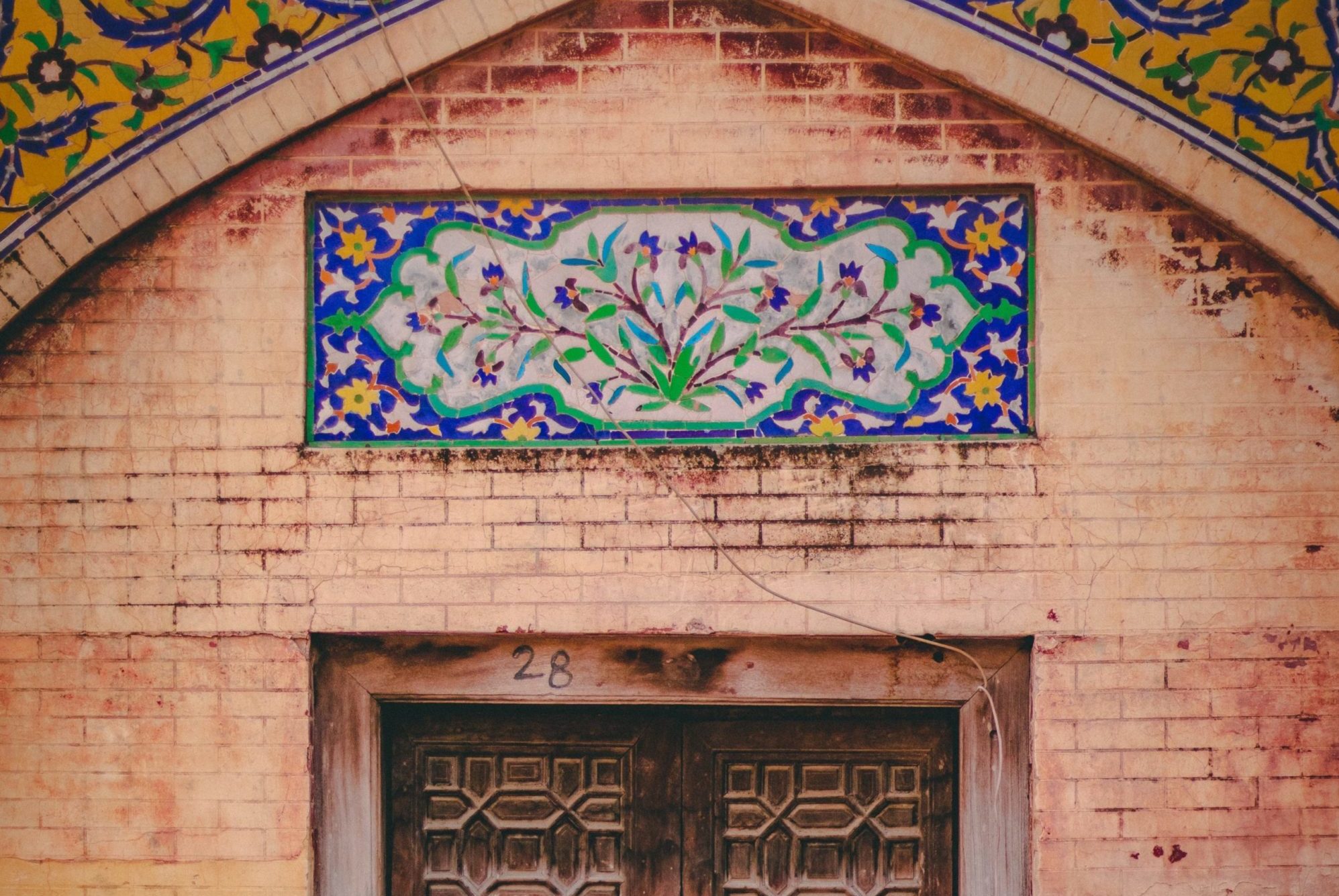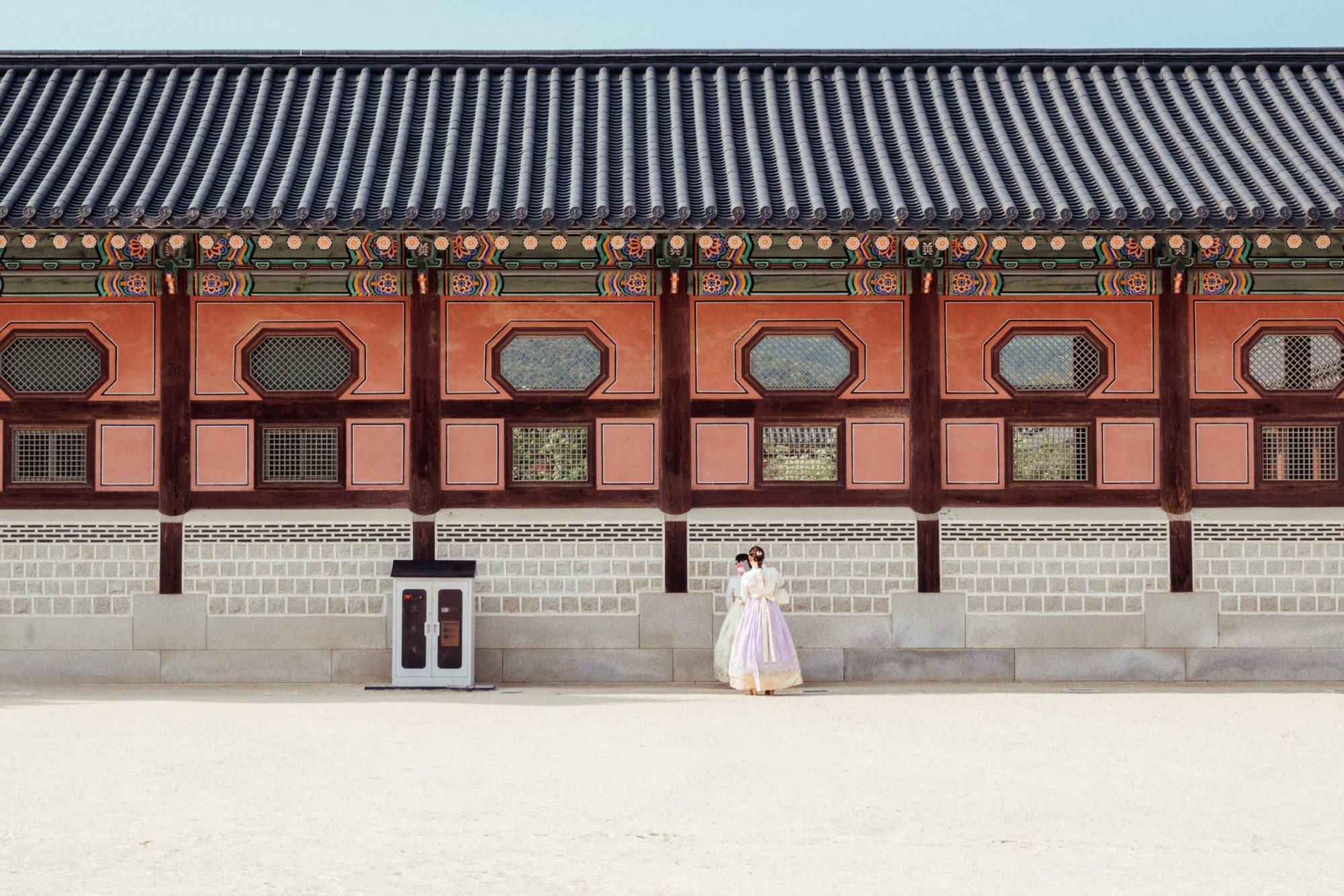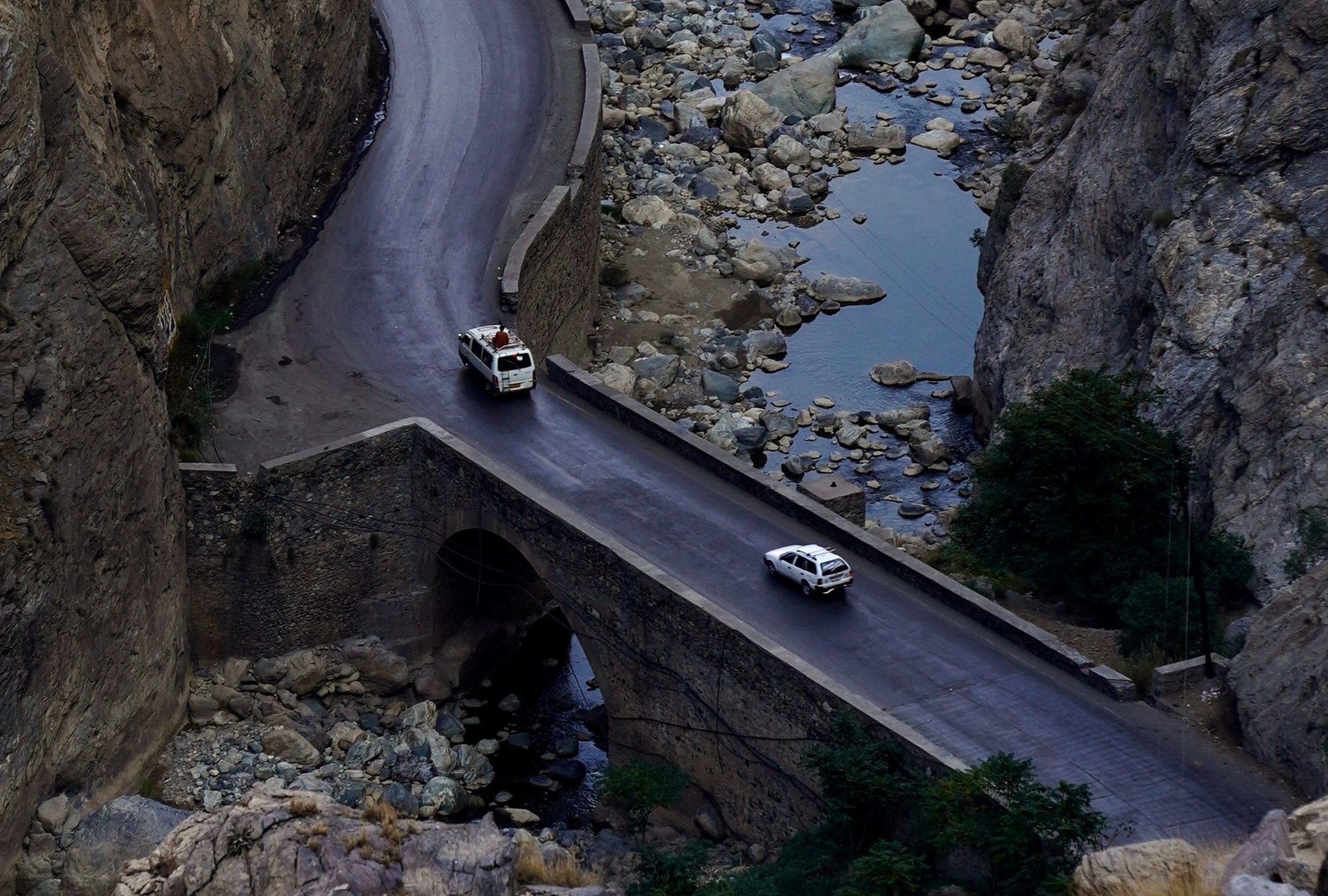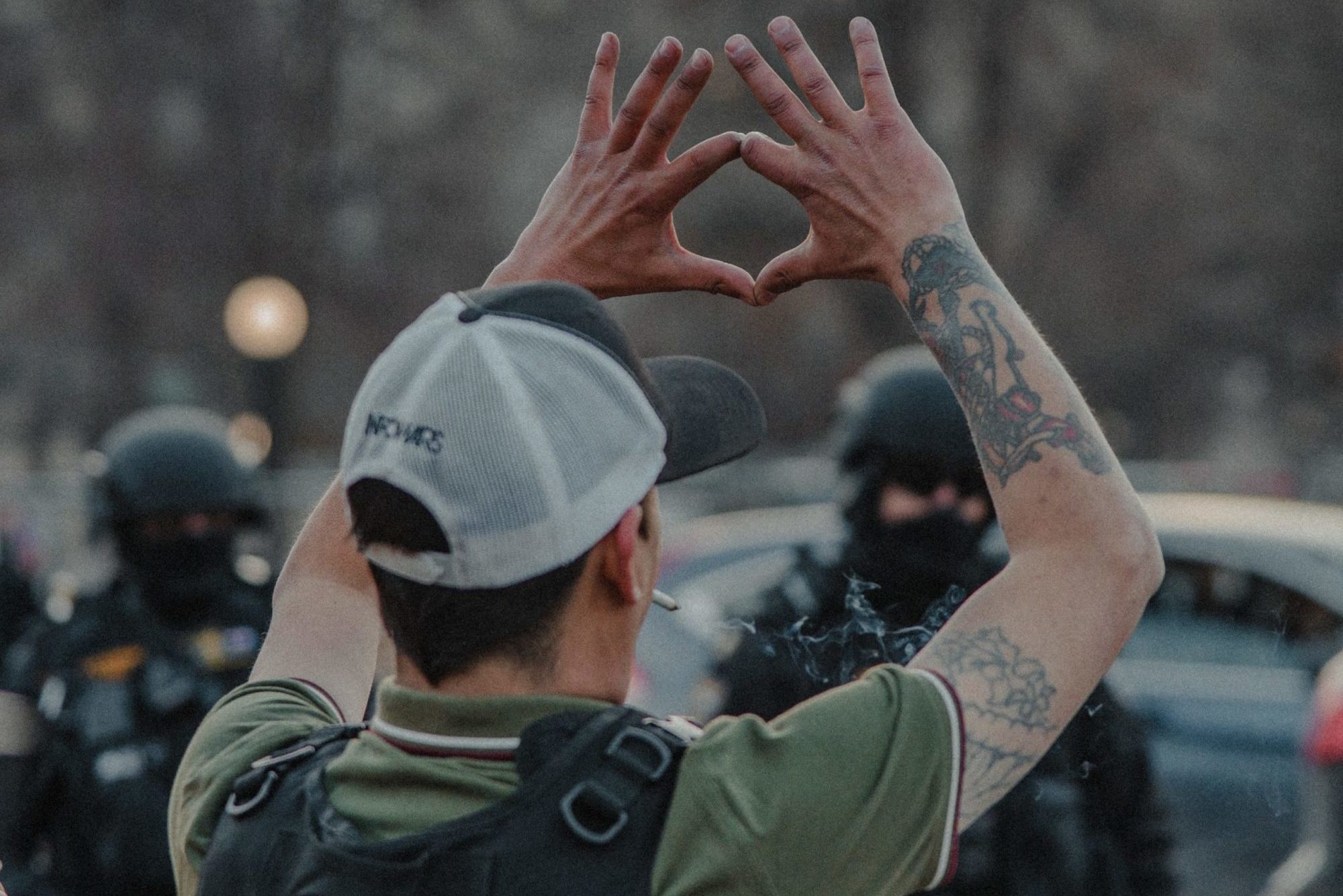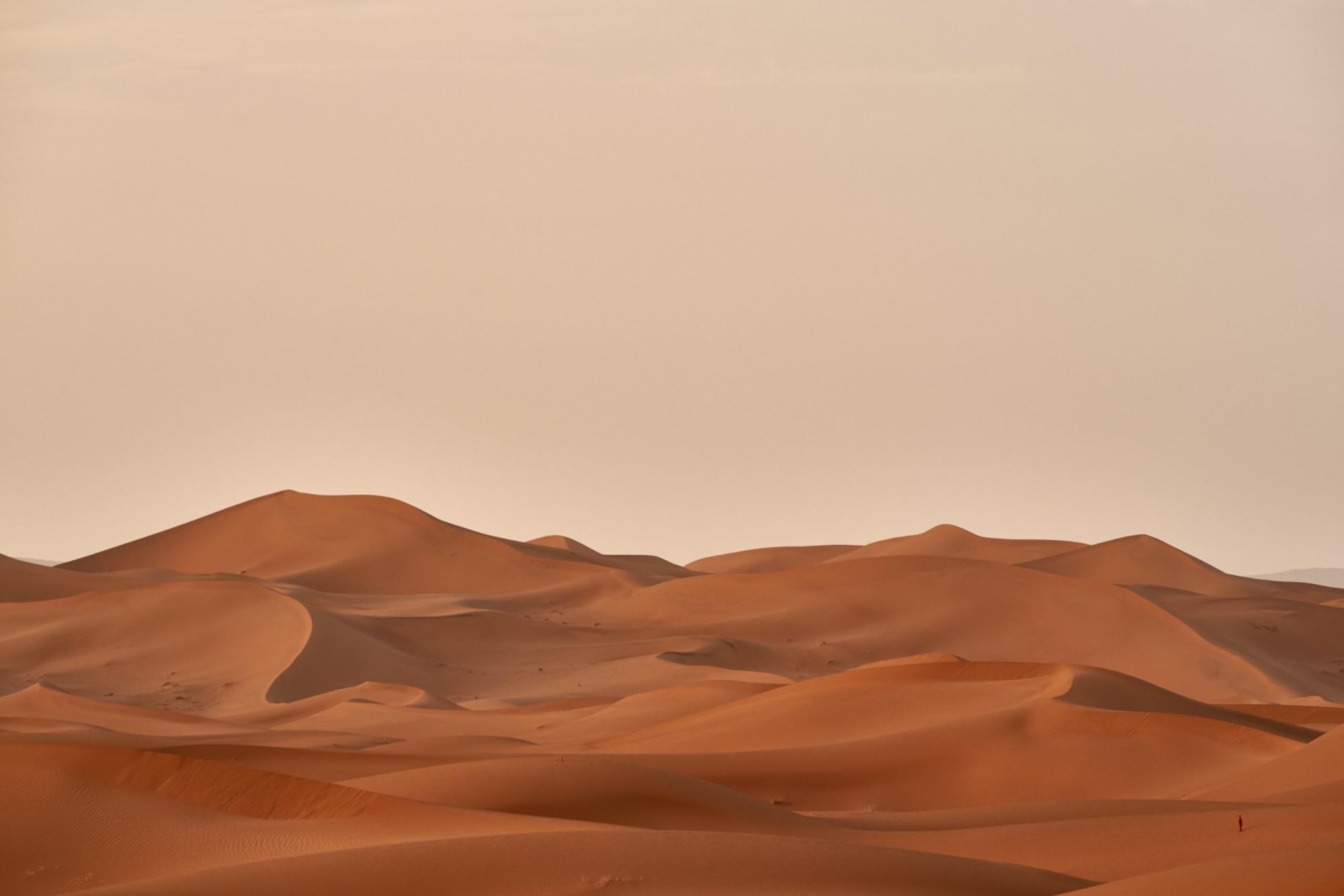Okay, well, the days are short and the COVID lines are long. The end of 2021 doesn’t look exactly like we’d hoped it might. But the holidays are a time for thanks, and we here at Inkstick are grateful for good health, rapid tests, and the chance to spend another year challenging convention, elevating the voices and lived experience of people on the ground, and giving up-and-coming policy leaders a media platform to inform a better and more inclusive US foreign policy.
This year Inkstick more than doubled its audience, reaching more people in more places than ever. And we conducted our first author diversity audit, reaching our goal of at least 50% representation from those authors who identify as women, and at least 30% representation from those authors who identify as people of color. We don’t know what 2022 will bring, but we do know we’ll be here pushing the limits, striving to better those numbers, and aiming to change the face of foreign policy for the better.
Curl up with a mug of something good. These are our top stories of the year.
10: Biology Will Play a Key Role in Our Response to Future Crises
Sam Ratner
In an entry from our own Critical State, Sam Ratner talks with Gigi Gronvall about her background in immunology and research on coronavirus. She points out that the barrier between the security and biological communities creates a translation problem in times when it is very important for those communities to work together. “Because policymakers have so little background in biology, sometimes they don’t understand that translations are, by necessity, simplifications.” Gigi also appeared on an episode of Things That Go Boom.
9: The Perils of Being Ahmadi in Pakistan
Knox Thames
The Ahmadiyya community in Pakistan is innovative, entrepreneurial, and peaceful. So why are they marginalized, routinely exposed to violence and arrest, and cut out of Pakistani society? Drawing from his time in the Obama and Trump administration State Department, Knox Thames tries to outline the institutional and societal persecution of the Ahmadiyya community in this essay. Ahmadis view themselves as within Islam and proclaim their Muslim identity as a critical part of their faith. Ahmadis consider their founder as another prophet, but one that did not replace Prophet Muhammed but instead presented a fresh revelation from God. Islamic schools of thought, however, have generally viewed Ahmadi theology as outside of Islam. Pakistan has gone further, by trying to eradicate Ahmadism and Ahmadis from the state entirely. Reforms are the logical solution but Pakistan needs more than simple reforms to undo decades of discrimination, marginalization, and persecution.
8: Space Force’s Communication Problem
Karla Mastracchio
Space Force is the sixth branch of the armed forces, which is quite a serious thing, but Space Force is not taken seriously. Instead, it’s often touted as a joke. Of course it doesn’t help that the Trump administration named high-ranking officials of Space Force the “Guardians” invoking images of Marvel’s “Guardians of the Galaxy” (which is an excellent movie if you’re into comics and superheroes!). Karla Mastracchio, however, argues that the reason why Space Force is having a hard time being taken seriously is because it has a communication problem that needs to be fixed.
7: South Korea’s No Good Very Bad Year
Mason Richey
Throughout 2020, South Korea received frequent positive coverage for its COVID-19 mitigation policies — centered on testing, tracing, and treatment — that allowed the country to protect public health without lockdowns. All of that changed in 2021. Mason Richey explains that South Koreans will carry the burden for longer than populations in the United States or the United Kingdom because the Moon administration grossly mismanaged the COVID-19 vaccination rollout throughout the country. Furthermore, the government tried to distract the public from its mismanagement and corruption by blaming foreign workers, and issuing a policy of mandatory testing for all of them. After negative media attention, the government ended the policy but the damage was already done.
Julian Wamble
What if the Jan. 6 rioters were Black? In this eloquent piece, Julian Wamble explains how that would not have been possible because law enforcement would have responded very differently if the “protestors” had been Black. The riots do not just expose white privilege but a bigger issue, which is the role of the benefit of doubt — something that is almost never applied to Black and other communities of color.
5: The Plight of Gender Inequality in South Korea
Young Hyun Lily Joo
South Korea has a shiny side that it wants to proudly show the world: K-pop, K-quarantine during COVID-19, hi-tech industries. But what it is less keen to show are the areas where it catastrophically fails. Growing up and living in South Korea has made Young Hyun Lily Joo aware of how South Korean society does not know how to protect or treat women as equals to men — and as valuable and indispensable entities of society. Rather, South Korean women (including herself), live in a country that views women as beautiful objects whose sole function is bearing children. And this is not just a societal construct, this is unabashed discrimination against women. For example, in hiring processes in South Korea, interviewers routinely ask women invasive questions about their plans for family, with some openly telling female candidates that it would be difficult to hire them because the company does not want to pay for maternity leave. Not cool South Korea!
4: How to Deal With ISIS’ Affiliate in Afghanistan
Amira Jadoon and Abdul Sayed
The key actors in Afghanistan before the US withdrawal in August were the Afghan government, Taliban, foreign troops, and regional states. One actor that didn’t make it to the front page much was the Islamic State’s affiliate in Afghanistan called the Islamic State Khorasan (ISK). Amira Jadoon and Abdul Sayed discuss how ISK’s lack of ability to target Western targets has more to do with its weak capacity rather than its will. The group has been gradually rebuilding itself after experiencing considerable losses in previous years, signaling its determination to survive through increasingly provocative attacks in 2020. What becomes of the ISK, however, depends on how the Biden administration decides to move forward.
3: The Liberal Internationalist Origins of Right-wing Insurrection
Van Jackson
Why did the Jan. 6 siege happen? What are the root causes? In this excellent article, Van Jackson tackles these very questions and writes that in order to understand what happened at Capitol Hill we need to look deep within US foreign policy. We always knew that the US national security establishment’s commitment to an overmilitarized form of deep engagement abroad was going to culminate in a direct affront to democracy at home. In other words, we can’t ignore the domestic impact of our foreign policy.
2: Leaving Work for Parenting Is My Progressive Act of Rebellion
Hope Hodge Seck
In this brave and insightful essay, Hope Hodge Seck explains why she chose to take an open-ended break from a career she loves, and what brought her to this point. While it may seem that the decision is about finding a work-life balance, it’s actually more than that. It’s about actually being present in the present, being there for your family, friends, and children, and being healthy — both physically and mentally. Even if you are not a parent, read this essay to get a better understanding of women in the workforce and the many factors that influence their decisions.
Khaldoun Khelil
The hard questions of how we can admire “Dune” on screen when there are no Arabs in its Arab images cannot be ignored. Khaldoun Khelil explains that in “Dune,” despite so much of the setting being steeped in Arab culture, Arabs can’t be heroes so they must be erased. Arab has become such an easy shorthand for villains in film, that even a “visionary director” could not imagine us as anything more. In other words, without Arabs, the movie’s Arab-ness becomes just another stolen resource to enrich the European-coded noble houses.
















